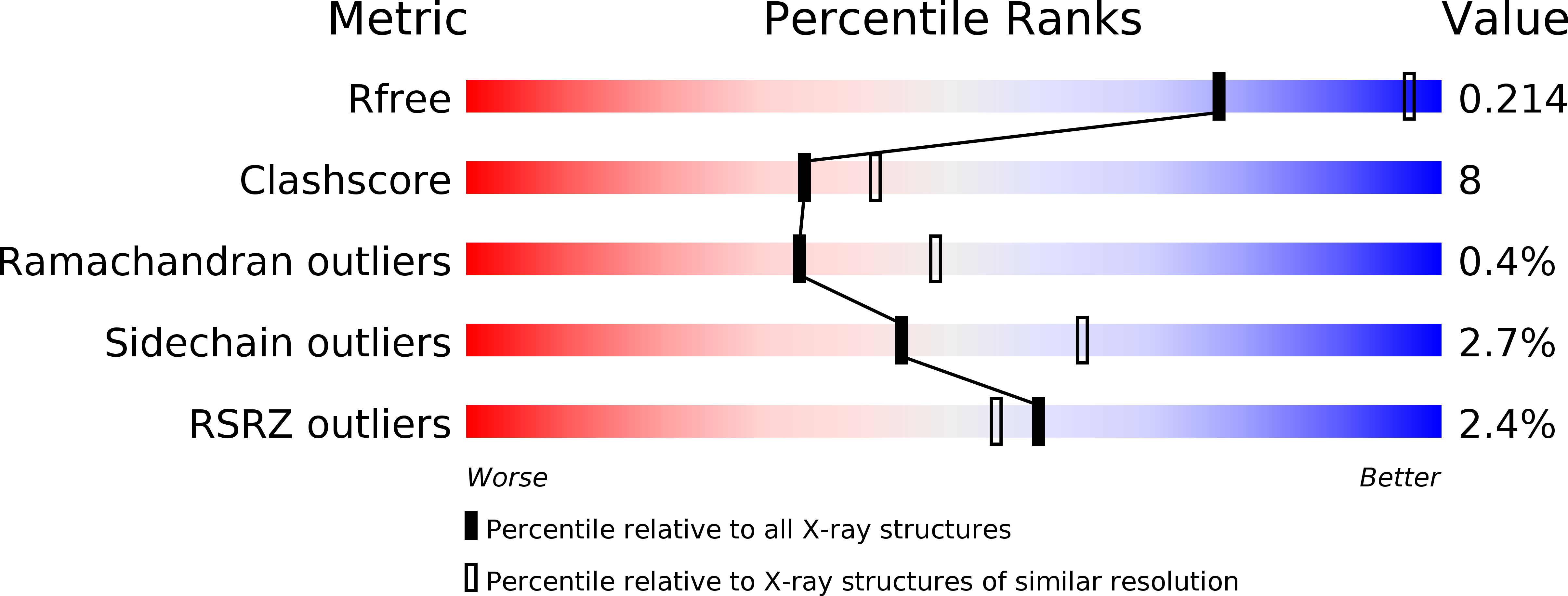
Deposition Date
2015-12-16
Release Date
2016-07-27
Last Version Date
2024-10-23
Entry Detail
PDB ID:
5FED
Keywords:
Title:
EGFR kinase domain in complex with a covalent aminobenzimidazole inhibitor.
Biological Source:
Source Organism(s):
Homo sapiens (Taxon ID: 9606)
Expression System(s):
Method Details:
Experimental Method:
Resolution:
2.65 Å
R-Value Free:
0.21
R-Value Work:
0.18
R-Value Observed:
0.18
Space Group:
I 2 3


